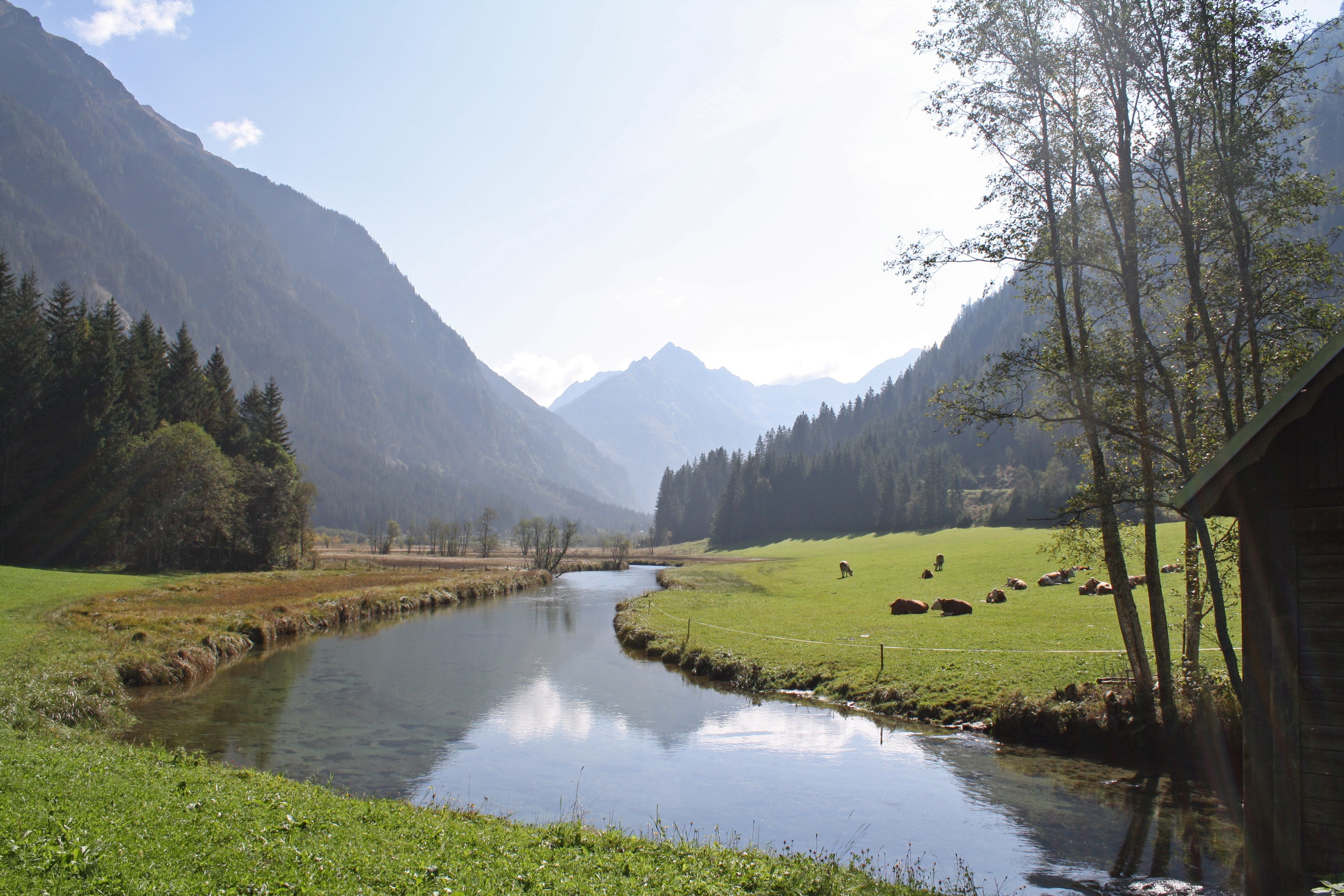Rivers have been the backbone of human civilization, providing water, food, and transportation for thousands of years. These natural wonders have played a crucial role in shaping our planet's landscape, supporting an incredible array of biodiversity, and influencing the course of human history. In this article, we will delve into the definition, examples, importance, and fascinating facts about rivers, as well as explore their significance in the context of our planet's ecosystem.
Definition and Formation of Rivers
A river is a natural flowing body of water that originates from a source, such as a spring, lake, or glacier, and flows towards a mouth, where it empties into another water body, like an ocean, sea, or lake. The formation of a river is a complex process that involves the combination of precipitation, topography, and geology. Rivers can be formed through various mechanisms, including tectonic activity, erosion, and changes in sea level.
Examples of Famous Rivers
There are countless rivers around the world, each with its unique characteristics and features. Some of the most famous rivers include:
The Nile River, which is the longest river in the world, stretching over 6,600 kilometers through Egypt, Sudan, and Ethiopia.
The Amazon River, which is the largest river by discharge volume, flowing through Brazil, Colombia, and Peru.
The Mississippi River, which is one of the most iconic rivers in the United States, flowing through the heart of America.
The Ganges River, which is considered sacred in Hinduism and flows through India and Bangladesh.
Importance of Rivers
Rivers play a vital role in maintaining the health of our planet and supporting human life. Some of the key importance of rivers include:
Water supply: Rivers provide freshwater for drinking, irrigation, and industrial use.
Food source: Rivers support a wide range of aquatic life, including fish, shellfish, and other organisms that are a vital source of food for humans.
Transportation: Rivers have been used for transportation and trade for centuries, facilitating the movement of goods and people.
Ecosystem support: Rivers support a diverse range of ecosystems, including wetlands, floodplains, and riparian zones, which are home to a wide variety of plant and animal species.
Fascinating Facts About Rivers
Here are some fascinating facts about rivers that highlight their significance and importance:
The longest river in the world, the Nile River, is approximately 6,600 kilometers long.
The deepest river in the world, the Congo River, has a depth of over 220 meters.
Rivers cover only about 0.3% of the Earth's surface, but they support over 10% of all species.
The Amazon River is responsible for about 15% of the fresh water that flows into the oceans.
In conclusion, rivers are a vital component of our planet's ecosystem, providing water, food, and transportation for humans and supporting an incredible array of biodiversity. By understanding the definition, examples, importance, and fascinating facts about rivers, we can appreciate the significance of these natural wonders and work towards protecting and conserving them for future generations. Whether you're a nature enthusiast, a scientist, or simply someone who appreciates the beauty of rivers, there's no denying the importance of these incredible waterways.









